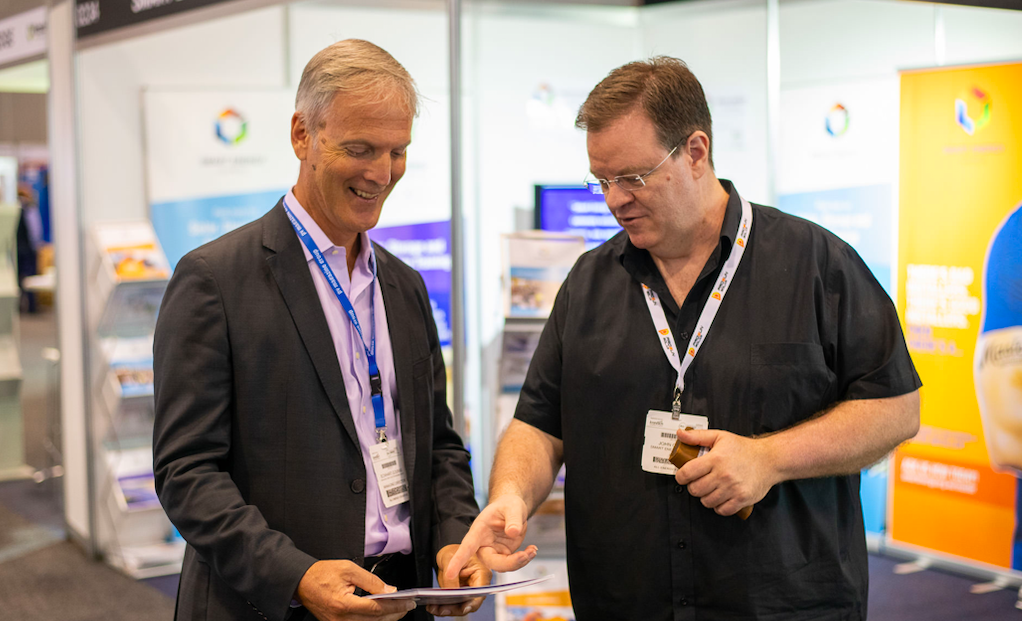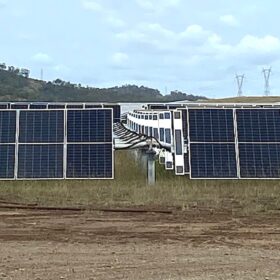pv magazine Australia: It seems like the Victorian Government is attempting to take no chances when it comes to safety in round two of its Solar Homes program. It currently is requiring all installers under the program to have signed up to the Clean Energy Council’s code of conduct. What’s your take on it?
John Grimes: We’ve been doing a lot of work with a range of groups to develop a whole-of-industry code of conduct for the sector. The code is currently with the ACCC [Australian Competition and Consumer Commission] for review and approval. We would welcome the Victorian government referencing a genuine whole-of-industry approach as the preferred method and have left the door open for that but, at the moment they are only referring the CEC code.
But generally, I think it’s [the focus on safety and quality under Solar Homes] a good thing. Having a high bar when it comes to practices inside the industry will only strengthen the industry and the outcomes for consumers over the long term.
The second round of Solar Homes puts the subsidy application process in the hands of the retailer, rather than the householder. Is this a good idea?
It simplifies it from a consumer perspective. In effect, it makes it a point of sale discount from the solar retail or installation companies. This is something that is common practice with the allocation with [federal] STCs [Small-scale Technology Certificates]. Anything that makes it less confusing for consumers is probably a good thing.
We now know that 1,000 battery installations have been targeted in 2019/20 under Solar Homes. It will go to households with existing PV systems, but only in certain suburbs. Do you think it’s the right thing to target the battery installations in this way?
I take it on good faith that they [the selected suburbs] are in areas where energy storage will provide the most benefit. One of the things that our industry often suffers from is an asymmetry of information. This means that incumbent energy players have a huge amount of data about the electricity network, and anyone else has no data at all. It allows incumbents to decline connection applications based on no visibility. Anything that provides more visibility is a good thing.
No-one [from the solar industry] wants to make a sale and incur those costs only to have the equipment blocked when it comes to installation due to supposed grid constraints. We would like to see governments and the energy industry go further to make available a traffic light-style approach: This would result in a ‘green light’ being issued in certain areas with available grid capability; in others an ‘orange’ where the grid operator says ‘come and speak with us about whether and what can be installed’; or ‘red’, which means that without spending a lot to upgrade the grid there is very little we can do unless you design a system without any export. More visibility and level the playing field has to be a good thing.
There are also some more details as to Solar Victoria’s approach in subsidising solar for renters. How important is this?
Anything we can do to stop the split incentive to the people who have to pay the power bill and those who own the asset is a step in the right direction. In principle you’ve got to align the interests of the asset owner and the person that is paying the power bill. A lot of lower income people are renters. Without doing this, you will lock out some people of the benefits of solar.
This content is protected by copyright and may not be reused. If you want to cooperate with us and would like to reuse some of our content, please contact: editors@pv-magazine.com.









By submitting this form you agree to pv magazine using your data for the purposes of publishing your comment.
Your personal data will only be disclosed or otherwise transmitted to third parties for the purposes of spam filtering or if this is necessary for technical maintenance of the website. Any other transfer to third parties will not take place unless this is justified on the basis of applicable data protection regulations or if pv magazine is legally obliged to do so.
You may revoke this consent at any time with effect for the future, in which case your personal data will be deleted immediately. Otherwise, your data will be deleted if pv magazine has processed your request or the purpose of data storage is fulfilled.
Further information on data privacy can be found in our Data Protection Policy.